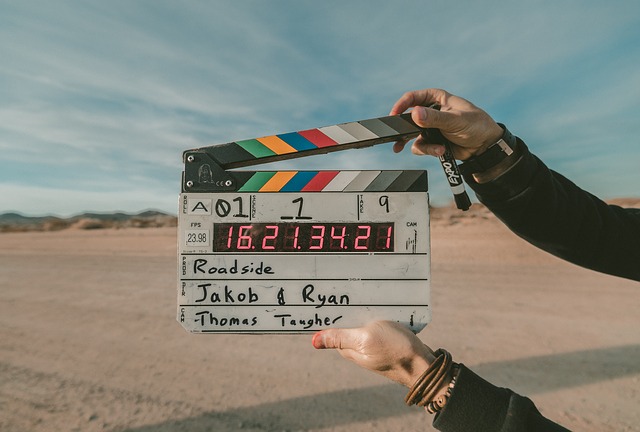As the great director of many a classic film Stephen Spielberg once said, “Every time I go to a movie, it’s magic, no matter what the movie’s about.”
I have always loved a wide variety of films from different genres, directors, and styles. Many of these films have contradictory elements that make them great, so I am going to outline the key elements of some of my favorites to try to find a thru-line of elements of great films.
Ferris Bueller’s Day Off
There’s something so essentially American about the stylistic choices of the film. Whether it be the setting of a suburb of Chicago to the quippy nature of the dialogue, this movie is one that I point to when explaining what is an exemplary teen film.
I think the biggest standout about this film is the character of Ferris Bueller. What the director, John Hughes does with the character is he creates a narrator of the high school experience. Bueller breaks the 4th wall to talk directly to the audience about life and the narrative of the story.
One quote that sticks with me constantly is “Life moves pretty fast. If you don’t stop and look around once in a while, you could miss it.” Overall, the element of this film that makes it great is the characters and the point of view.
Jurassic Park
I probably saw this film for the first time as a 3-year-old during my obsessive dinosaur phase —definitely too young for the more horror aspects of the film—but the thing that stuck out to me as a kid was the wonder that is captured in the special effects.
The fact that the puppets and CGI still stand the test of time almost 30 years later really is a testimony to craftsmanship of production. It’s always great when the props and set pieces add to the world-building of the story rather than take you out of the experience.
Jurassic Park also has a great story to go along with the beautiful visual elements. Rather than being a visually stunning but substance lacking blockbuster, Jurassic Park proved to me at a very young age that you shouldn’t sacrifice one for the other.
Dunkirk
As a relatively short film, Dunkirk did very little with storytelling in the dialogue but incredible amounts with visual storytelling. The actors in the film standout with their ability to show emotion without speaking.
It is a compliment to the Director Christopher Nolan and his vision for the film. Because of its short runtime, Dunkirk does a great job of pacing the story and connecting the different storylines of the characters to the pivotal final mad dash in the end.
The elements of Dunkirk that make it a great film are in the cleanliness of the screenplay rather than the actual script.
1917
This is another British directed war film, but what 1917 does that is different is the long take format makes the film stand out.
We follow the characters from start to finish almost completely in real time as spectators to their life-or-death mission. It’s a great way of appreciating the past by bringing more and more people into the reality of a soldier in WW1. Realism is the element of this film that makes it so special.
The characters, the mission, and the danger feel aggressively real to the point where when I watched this film for the first time, I had physical reactions to the twists of the story.
Breakfast at Tiffany’s
I don’t think that “aesthetic” is often cited as an element of a great film, but the vibe of Breakfast at Tiffany’s is something I have tried to emulate multiple times in my life and in my filmmaking.
The iconic nature of the characters and how perfectly cast Audrey Hepburn is as Holly Golightly is probably what keeps me coming back to the film. I don’t think that this movie would be the same without her in the role.
Furthermore, the story of the movie is simple to understand and the ending is cathartic to the development of our lead’s relationship. Basically, Breakfast at Tiffany’s is great because it allows for Audrey Hepburn to shine.
Star Wars: The Empire Strikes Back
Not very many sequels get the same praise as the movies that come before them, but Empire is miles better than the original Star Wars because it builds off of the established tropes of the series and subverts them.
We expect that our heroes will come out on top because they always do; Empire allows for us to see our heroes struggle and actually fail. It motivates the choices that are made in the next movie and has important consequences.
I think that more and more of the movies we see in theaters now are reactionary to audiences-— it’s less about constructing effective narratives over the course of a series and more about pleasing fans. Empire has the elements of strong subversion in the screenplay that make is so great.
